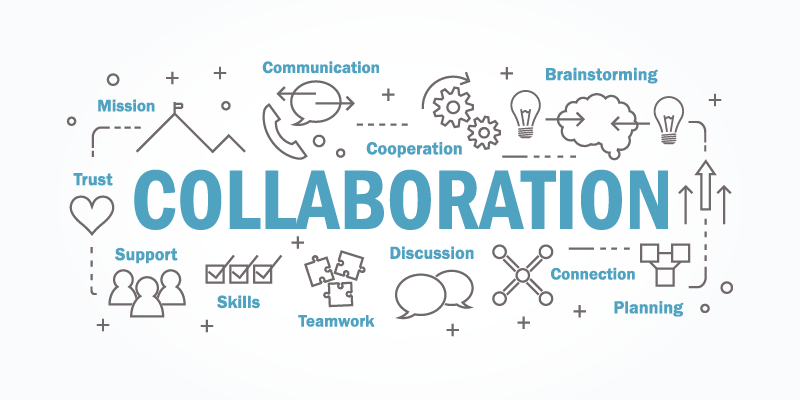
Collaborative projects are multisite research projects that evaluate issues that have not been well-researched in the past and which take advantage of being able to collect more data than could be readily collected by one research center alone. These projects involve three of more SCIMS centers and are aimed at improving long-term outcomes and / or to answer questions that are important to SCI rehabilitation and living with SCI.
The MI-SCIMS is collaborating on six of these projects with our colleagues across the United States. Each is briefly detailed below.
The Status of Oral Health Among People with Spinal Cord Injuries Across the United States
This study aims to learn about the oral health practices and problems experienced by people with SCI and how these problems affect their overall physical and emotional wellbeing. Any participant in the SCIMS program who has recently completed a follow-up interview and is interested can participate in this study. Participation entails completing one additional survey. This information will be used along with information collected from the inpatient and outpatient already collected for the SCIMS project to answer this study’s questions.
Feasibility, Reliability and Long-Term Prognostic Capability of the International Standards to document Autonomic Function after SCI (ISAFSCI) during Acute Inpatient Rehabilitation – Multisite Study
This study is evaluating how easy it is to conduct a new clinical measure of Autonomic Function in people with SCI and how reliable this new measure is. Participants join the study while they are still participating in inpatient rehabilitation, at which time a doctor will complete the ISAFSCI examination and they will also complete an associated interview. They will then complete a similar interview one year later. The autonomic nervous system controls involuntary physiological processes such as digestion, heart rate and respiration. If this study determines that the ISAFSCI is feasible to conduct and reliable it would provide an important new tool to help assess issues with the autonomic nervous system.
Who Benefits? Understanding the Formal and Informal Financial Assistance Used to Cope with the Economic Impact of Spinal Cord Injury
Financial strain often occurs with the experience of SCI due to healthcare expenses, assistance needs, and lost income. The main objective of this project is to better understand what types of government programs and other types of financial assistance are used by people with SCI to cope with the cost of injury. These issues will be addressed in two steps. First, focus groups will be used to determine the key issues to be addressed in a survey about financial needs and financial assistance used by people with SCI. Based on the findings from these focus groups, a survey will be developed and used with a large sample of people who have been living in the community with SCI about their financial needs, the assistance that they receive, and the effectiveness of this assistance.
Aging Well with Disability: Successful Aging Among Individuals with SCI
The aim of this study is to collect information related to aging with a spinal cord injury (SCI) and to determine which factors are associated with happier and healthier lives throughout the aging process. Participants must be at least 36 years old when they join the study and at least one year after the onset of SCI. They complete annual interviews for this study for up to four years which take approximately 40 minutes to complete.
Exploring the Impact of Social Networks for Persons with Spinal Cord Injury
This study is evaluating the impact of SCI on people’s social network and social wellbeing. Participants complete an interview around the end of their inpatient rehabilitation and approximately one year later. Some participants will then be invited to take part in an open-ended interview. Anyone who participates in the MI-SCIMS program at U-M is eligible to participate.
Equity and Quality in Assistive Technology for Individuals with Spinal Cord Injury (EquATe)
This study evaluates the type of assistive technology that people with SCI or other impairments that affect their spine use and their satisfaction with it. Participants will complete an on-line survey that take 30-60 minutes. This study is being primarily conducted by the Model System at the University of Pittsburgh. Currently, U-M is only assisting with study recruitment though are faculty and staff may assist with analyses and dissemination once the data has been collected.
